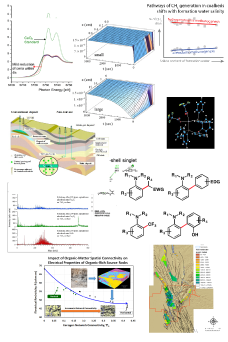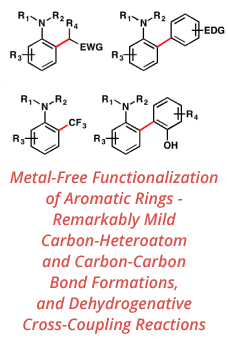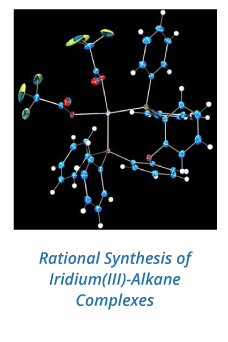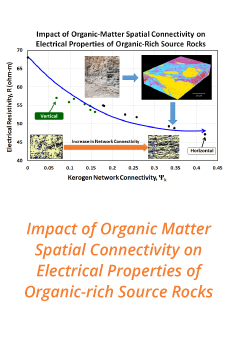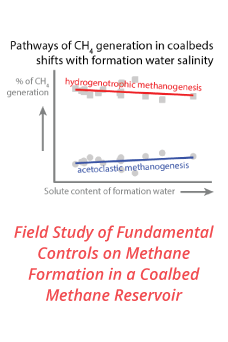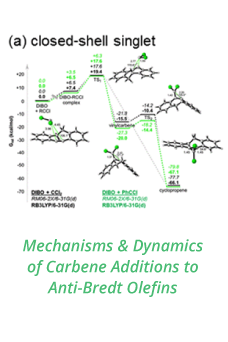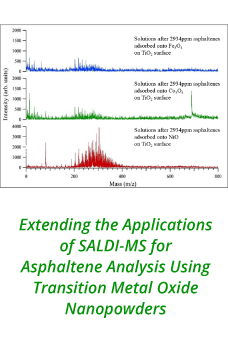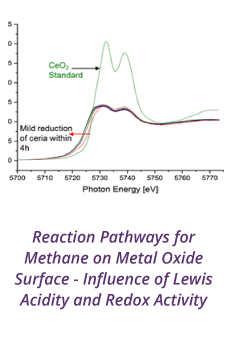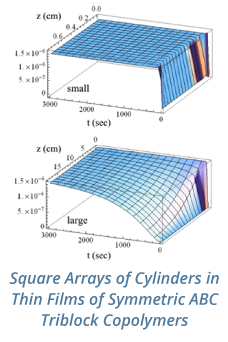Dr. J. Adam McCubbin
 Department of Chemistry
Department of Chemistry
University of Winnipeg
Boron-Based Directing Groups for Directed Lithiation Reactions
Dr. Adam McCubbin, an organic chemist at the University of Winnipeg, has studied boron-based directed metalation reactions in his work supported by an ACS Petroleum Research Fund UR grant. He focuses on synthetic chemistry related to organoboron compounds and more particularly arylboronic acids. In contrast to the standard approach of using another group to direct the installation of boron on a benzene ring, Dr. McCubbin uses boronic acid derivatives as the directing groups to install other substituents on a benzene ring. As he points out, “boron is quite versatile and has the advantage of increasing the variety of substituents that can be installed by subsequent modification of the directing group.”
The research was somewhat more challenging than expected, but has led to additional research on the use of boronic acids as catalysts and reagents for metal-free transformations. Dr. McCubbin indicated that his group found that very subtle changes can make major differences in catalytic activity. They also found that many effects were counter intuitive. For example, the acidity of a catalyst, which was expected to be the main determinant of catalytic activity, was found to be much less important than other structural features. In addition to the directed metalation reactions, the boronic acid catalysts developed by the group have been applied to Friedel-Crafts reactions, (4+3) cycloadditions and rearrangement reactions.
Dr. McCubbin became interested in directed metalation reactions during his Ph.D. work at Queen’s University. He moved to the study of boronic acid chemistry and catalysis for several reasons. Significant among these reasons were that he felt there were many opportunities in the field and it was a good area for undergraduate research. He states that, “the reactions are understandable intellectually by undergraduates and [the research] reinforces textbook organic reactions.” He further notes that using boronic acids also avoids many of the difficulties and challenges associated with the use of transition metal catalysts. Dr. McCubbin foresees this work leading to new catalysts and reactions that may replace currently used synthetic methods with simpler, less toxic alternatives.
Dr. McCubbin indicates that the PRF UR grant “has allowed me and my students the kind of freedom to pursue the kind of basic research that most interests us.” Prior to receiving the grant, which was his first major operating research grant, funding was very limited and student work was mostly volunteer. The grant has allowed him to support students, and expand the capacity and scope of his research. This enhanced capacity has yielded several excellent results including three publications with more in progress, four former students pursuing graduate programs in chemistry and a sufficient demonstrable level of accomplishment that his lab is now competitive in the Canadian National Funding System.
Grant #52231-UR1: Read McCubbin's Annual Report
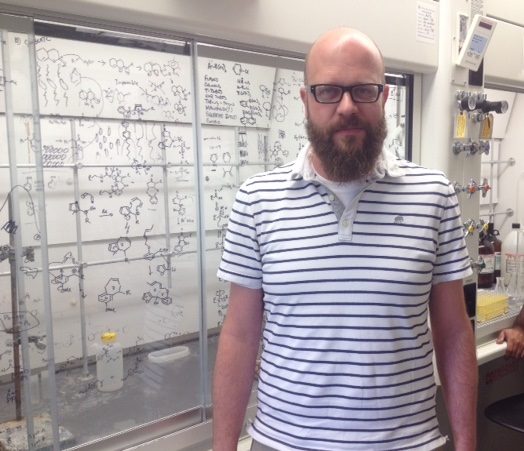 Dr. McCubbin in his lab.
Dr. McCubbin in his lab.
